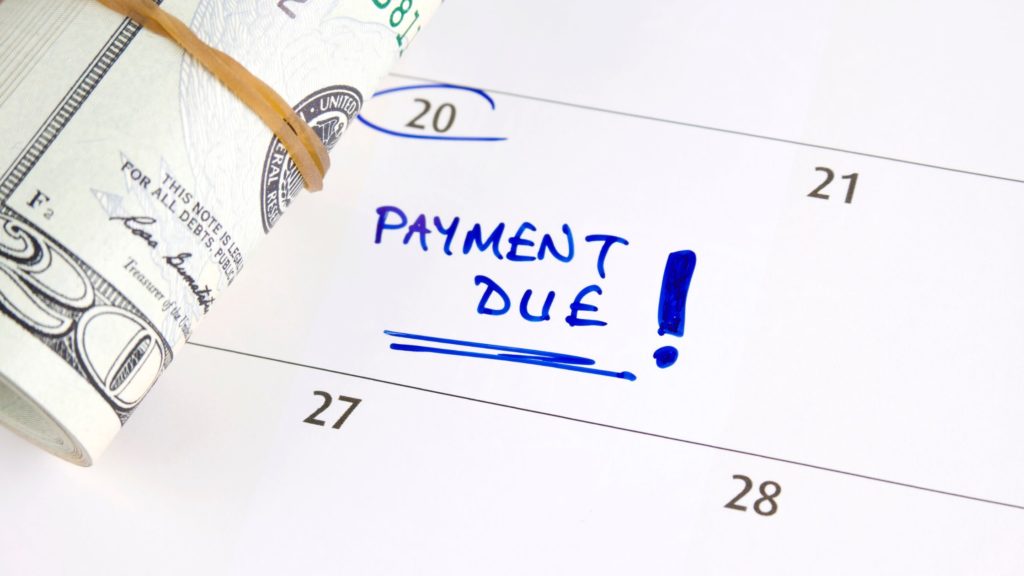Insurance Policy Lapses Guide | What Happens If Insurance Policy Lapses
Insurance
 by Priyadarshini
13 October 2022
by Priyadarshini
13 October 2022
If you fail to pay your insurance premiums, your policy will lapse and you will lose any existing insurance coverage. Here’s what you can do and how to keep your policy from expiring. In this blog, we give you an insurance policy lapses guide.
With so many different insurance policies available, it is possible to miss a payment or two. Missing an insurance premium payment has the same consequences as missing a credit card bill payment, which results in a late payment charge and interest fees. When you, the policyholder, fail to pay your premium, your insurance policy will lapse. However, you usually have a 30-day grace period after the premium due date to make payment. If you miss that deadline, your insurance policy will expire.
Insurance Policy Lapses Guide
What if you are unable to make the payment due to financial constraints?
If you have a short-term cash flow problem and don’t want to let your insurance policy lapse, consider the following alternatives.
Premium holiday
Check to see if your insurance policy permits a premium holiday. This allows you to take a short break from paying your premiums if you meet the requirements.
Automatic Premium Loan
You could use the Automatic Premium Loan (APL) feature that some insurance policies provide. This benefit ensures that the policy does not lapse by deducting the premium from the policy’s cash value (assuming the policy has cash value). This will continue until the cash value of your policy is depleted, at which point the policy will lapse, ensuring you have adequate protection at the expense of your policy’s cash value.
However, keep in mind that APL has an interest rate, so it’s best to avoid this option if at all possible. If you have a habit of forgetting about the insurance policies you’ve purchased, you can check to see if APL has been activated on your existing policies.
Downgrading or switching to another plan
Finally, you can check with your agent to see if you can downgrade your plan or choose a more cost-effective plan.
What does the insurance policy lapse?
Gap in coverage
Your insurance policy has expired, which means it is no longer in effect and you are no longer covered by the plan. Depending on the plan, this could mean that if you are hospitalized, injured, disabled, diagnosed with cancer, or critical illnesses, or even die, you and/or your beneficiaries will receive no insurance coverage or payout. This is the scenario you’d be exposed to until you get covered by another plan.
Repeat the medical underwriting process.
If your health insurance policy has lapsed, you will have to go through another round of medical underwriting when you apply for a new one. If you have developed any illnesses since purchasing the first policy, they will no longer be covered under the new plan/reinstated policy and will be subject to loading (additional cost) or even rejection.
What kinds of insurance policies will be cancelled?
Insurance policies that can lapse are usually for a longer period of time and have regular premiums (payments made at regular intervals) — annually, biannually, quarterly, or monthly. Life insurance, cancer insurance, critical illness insurance, and health insurance are examples of such insurance plans. Single premium policies and annually renewable general insurance policies, such as personal accident plans, home insurance, maid insurance, and travel insurance, are unlikely to lapse.
You should keep in mind, however, that these policies do not typically auto-renew, which means you will not be covered unless you purchase a new plan or renew the plan for another year of coverage.
Insurance Policy Lapses Guide
What happens if it expires, and what should you do about it?
If you believe your insurance policy has expired, the first thing you should do is confirm this. You can check online using the web portal or mobile app of the insurance company. You could also check with your insurance company. If you find out that your insurance policy has expired, you should try to get it reinstated — this is the best-case scenario, and you should check with your servicing agent to see if this is possible.
If you are unable to reinstate the policy, you should immediately obtain a replacement insurance plan to protect yourself before any unfortunate events occur. This would necessitate you to look for a similar plan or even reapply for the same one. However, keep in mind that this will almost certainly come at a higher cost, as premiums tend to rise with age. If your priorities and coverage requirements have shifted, you can take advantage of the situation and obtain a plan that best meets your current requirements.
Insurance | Credit Cards | Loans | Banking |




